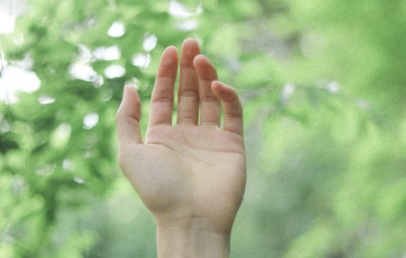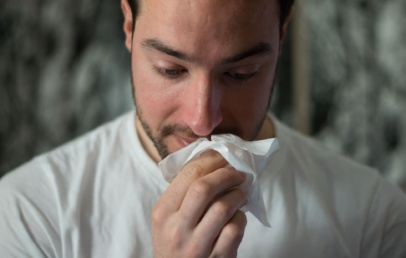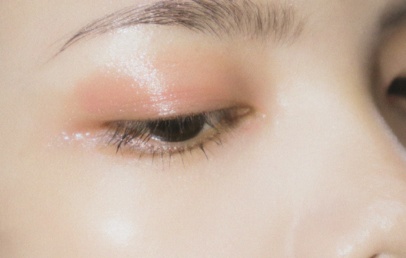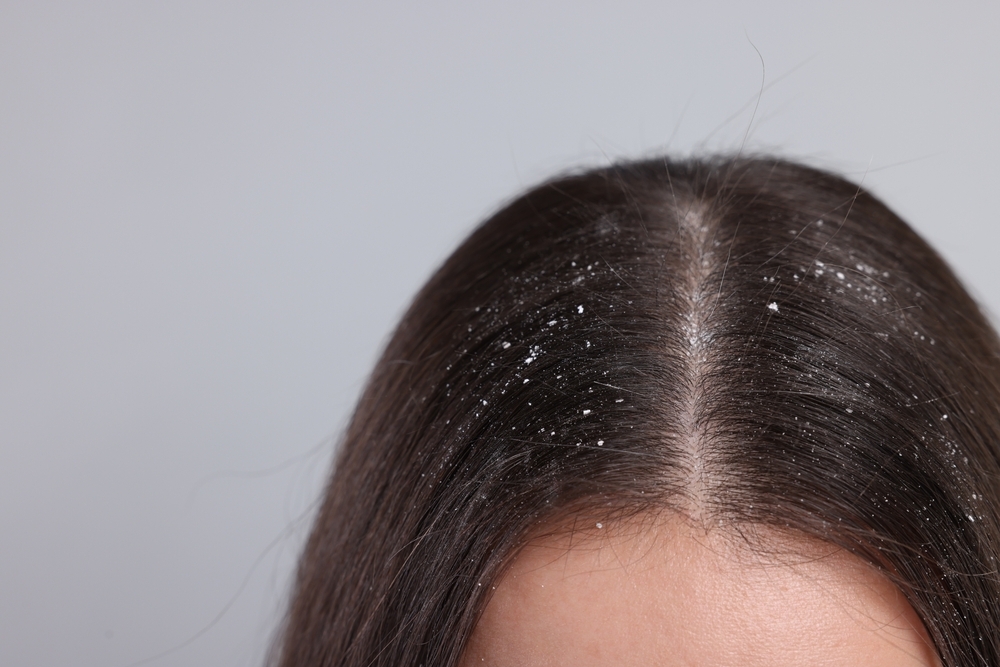
You’re not alone if you’ve ever experienced bothersome white flakes on your shoulders or an incessantly itchy scalp. Extremely common, dandruff is typically caused by an overabundance of a type of yeast called Malassezia on your scalp. The outcome? irritation, flakiness, and dryness.
The good news is that harsh treatments aren’t always necessary to soothe it. Here are 12 simple at-home methods to control dandruff and maintain a healthier scalp, ranging from simple kitchen ingredients to stress-relieving techniques.
1. Tea Tree Oil
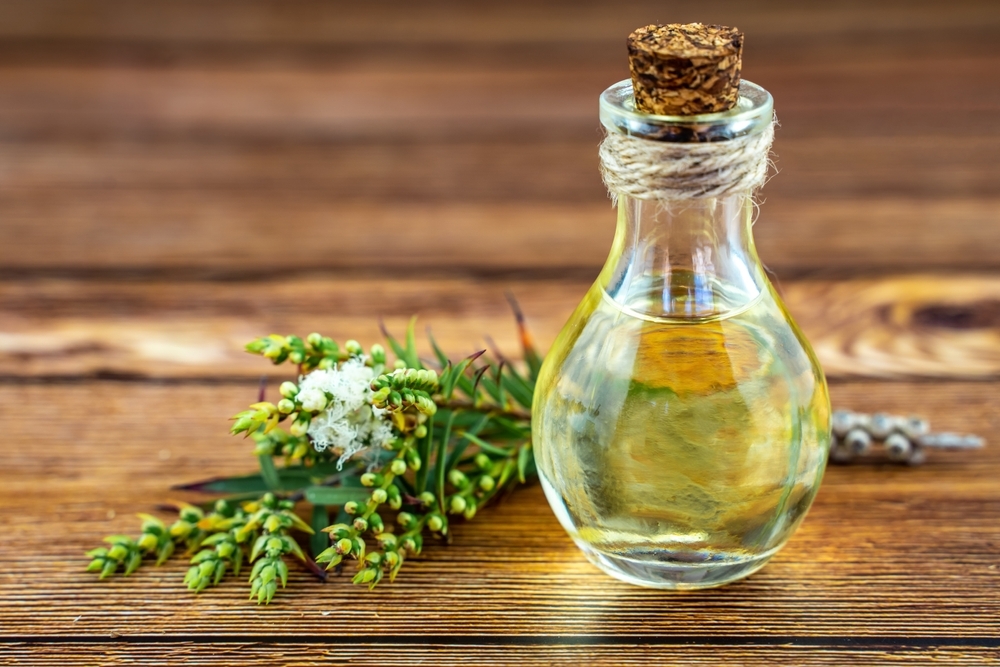
Tea tree oil’s potent antifungal and antibacterial qualities make it one of the most widely used natural treatments for dandruff. It helps address the underlying cause of flaking by lowering the amount of yeast on the scalp. But if you apply tea tree oil directly, it can irritate your skin because it is so potent. It is best to use a shampoo that already contains tea tree oil or dilute it with a carrier oil, such as coconut or olive oil.
2. Coconut Oil
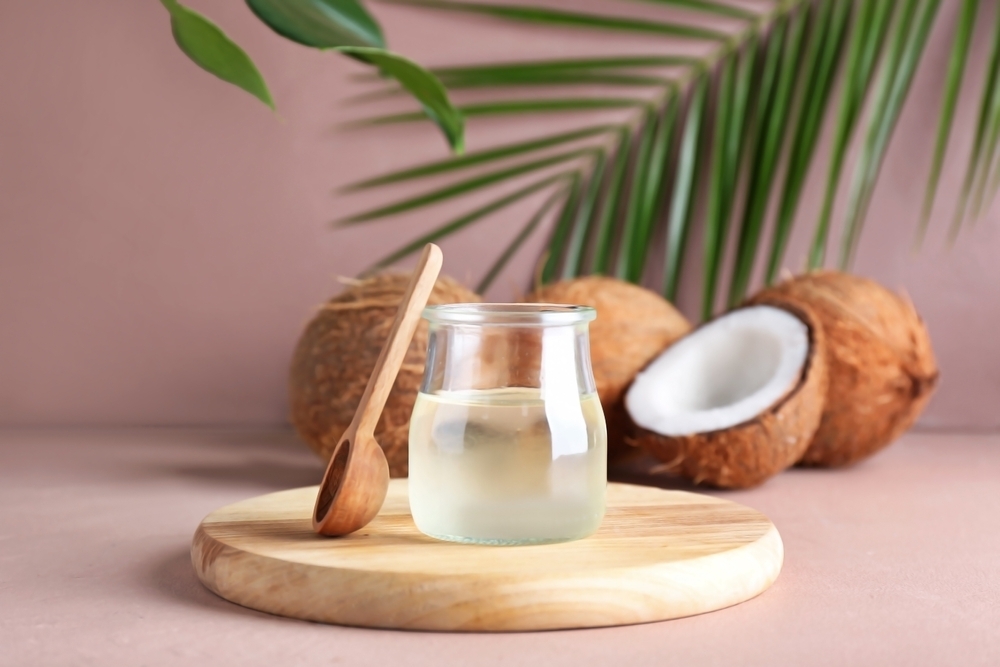
Coconut oil is a natural moisturizer with antifungal qualities that can help with dandruff, making it more than just a kitchen necessity. Frequent application can soothe irritation, lessen dryness, and hydrate the scalp. Use it by massaging a spoonful into your scalp, letting it sit for approximately two hours, and then giving it a thorough shampoo wash. You can enhance the general shine of your hair and the health of your scalp by doing this twice a week.
3. Aloe Vera
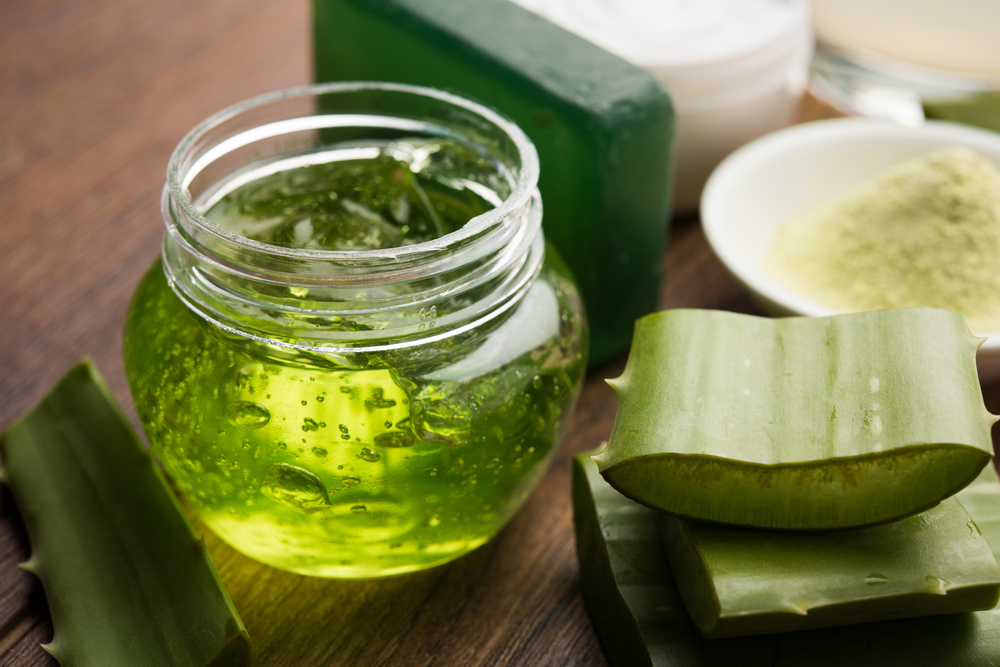
Aloe vera is another powerful home remedy that is well-known for its calming and cooling properties. The gel reduces redness and itching and has antifungal and antimicrobial qualities that may help combat dandruff. Just put the fresh gel straight onto your scalp from the inside of the aloe plant, leave it there for half an hour, and then rinse it off. Aloe vera also offers some people immediate relief from irritation.
4. Apple Cider Vinegar
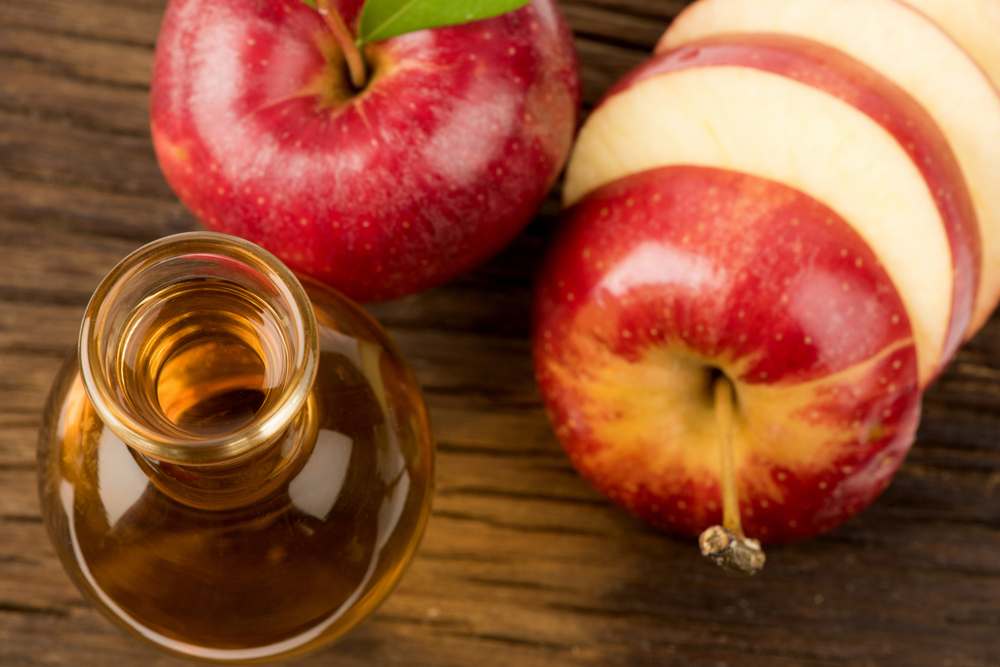
A natural scalp cleanser, apple cider vinegar can balance pH levels, get rid of product buildup, and stop yeast from growing. Its antifungal properties combat dandruff, and its clarifying properties make hair feel cleaner and fresher. After shampooing, you can apply a solution made of equal parts water and ACV to your scalp, leave it there for a few minutes, and then give it a good rinse.
5. Probiotics
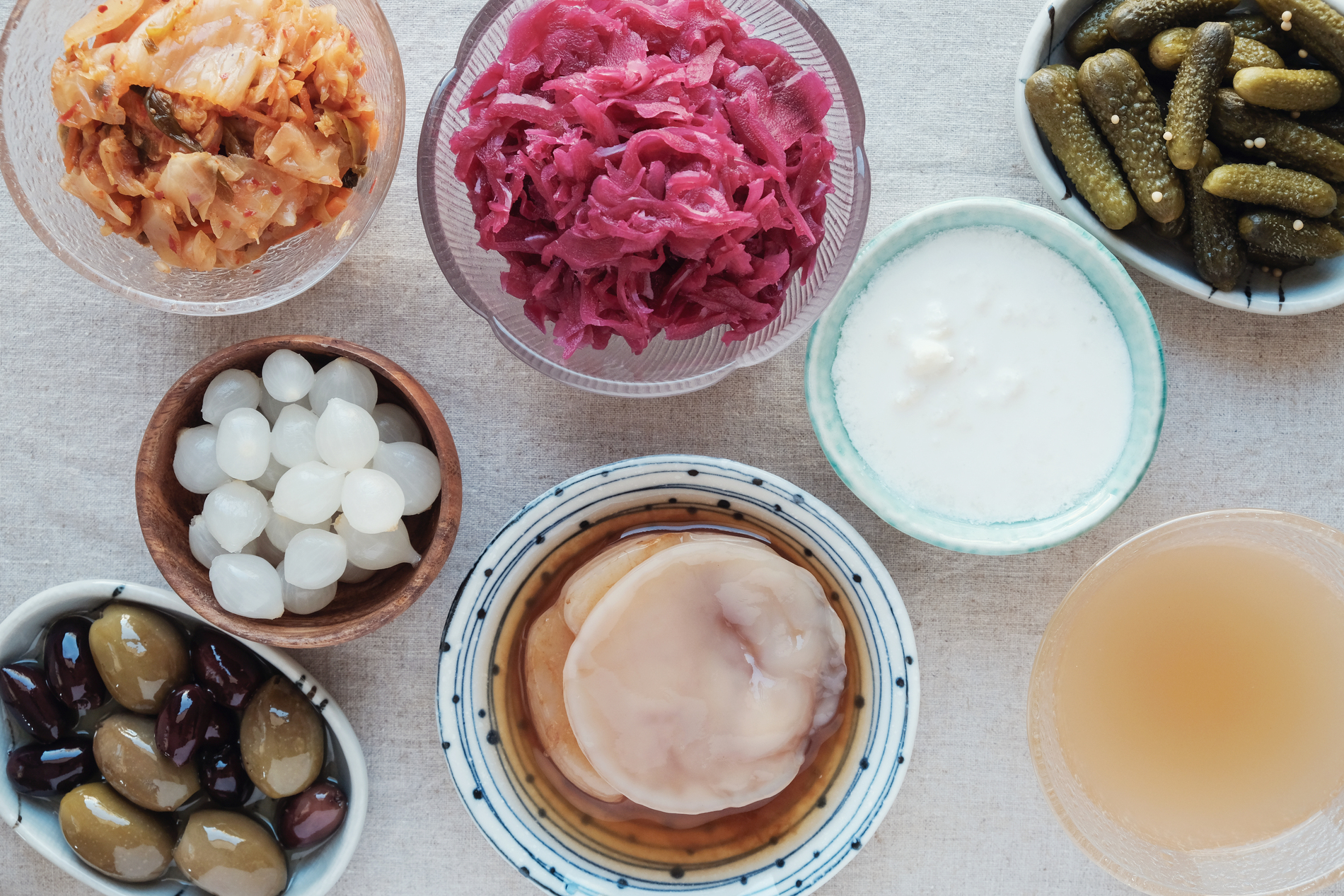
The internal balance of your body can sometimes have an impact on dandruff, making it more than just a superficial problem. The “good bacteria” called probiotics, which are present in foods like kefir, kimchi, and yogurt, can help control the body’s levels of bacteria and yeast. Over time, this equilibrium might lessen dandruff and enhance scalp health. One easy method to promote gut and skin health is to take probiotics on a regular basis, either through food or supplements.
6. Stress Management

Although stress doesn’t directly cause dandruff, it can undoubtedly exacerbate it. Excessive stress causes the body to become more inflammatory, which can exacerbate dryness and irritation of the scalp. Stress can be significantly reduced by practicing relaxation methods like yoga, meditation, or even just taking part in hobbies and spending time with loved ones. Don’t forget that regular, good-quality sleep is one of the best stress-busters.
7. Over-the-Counter Shampoos
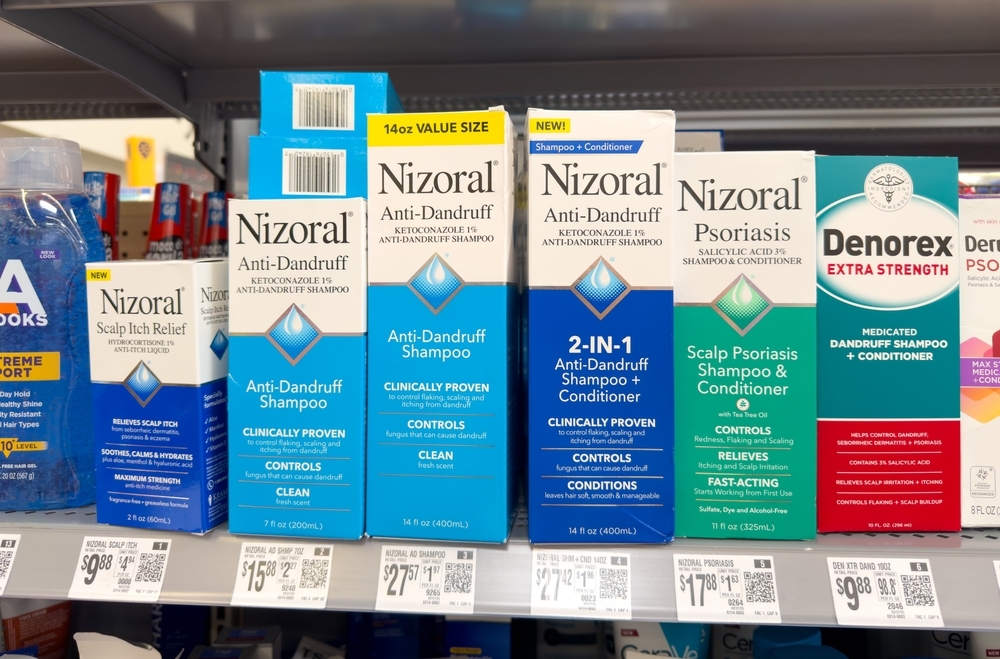
Over-the-counter dandruff shampoos are frequently the quickest and most efficient solution when home remedies are insufficient. Antifungal substances like zinc pyrithione, selenium sulfide, or ketoconazole are frequently found in these shampoos. You can try switching to another ingredient if the first one stops working. As directed by the product’s instructions, regular use can lessen itching and flaking.
8. Lemon Juice
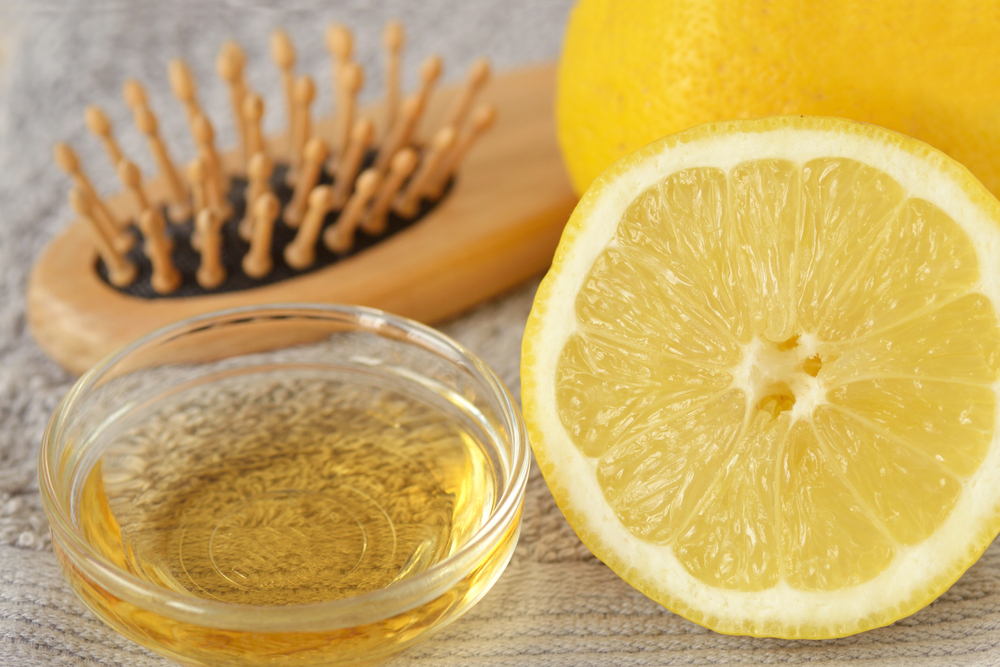
Lemon juice’s acidity helps bring the pH level of the scalp back into balance, which inhibits the growth of yeast that causes dandruff. Additionally, it leaves your hair with a clean, fresh scent. Try it by massaging your scalp with fresh lemon juice, letting it sit for five to ten minutes, and then thoroughly washing it off. The acidity may sting, so use caution if you have cuts or extremely sensitive skin.
9. Baking Soda
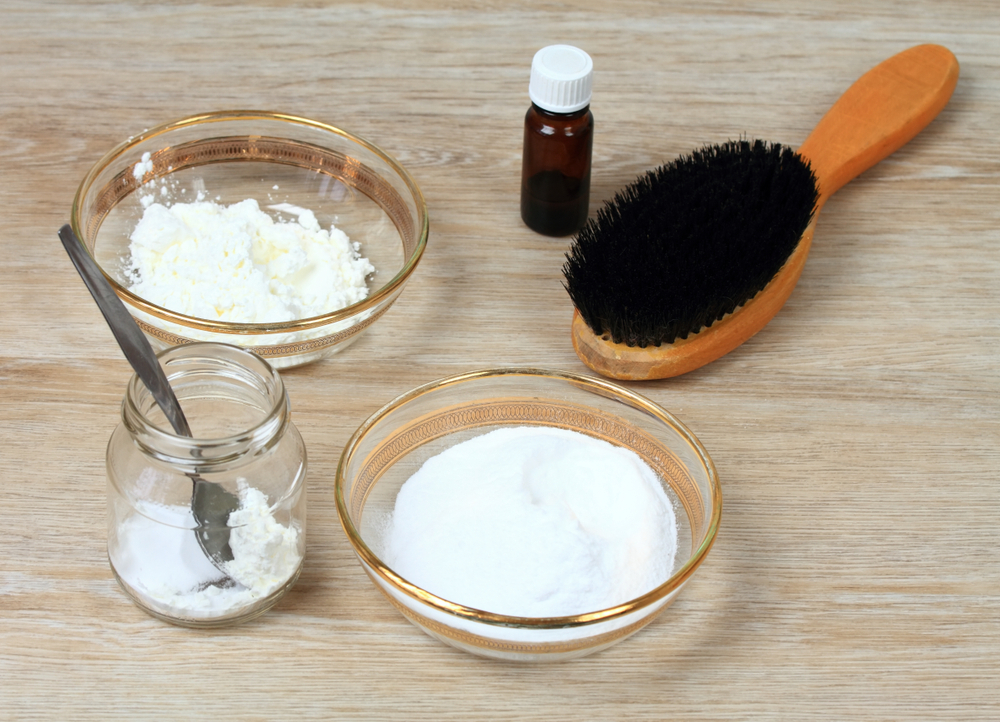
Baking soda reduces excess flakes and removes dead skin cells, acting as a mild exfoliant. Additionally, because of its antifungal qualities, it can help reduce the symptoms of dandruff. To apply it, wet your hair and rub a tiny pinch of baking soda straight onto your scalp. Rinse thoroughly with water. Because baking soda also functions as a cleanser, you can forego shampoo for this wash.
10. Olive Oil
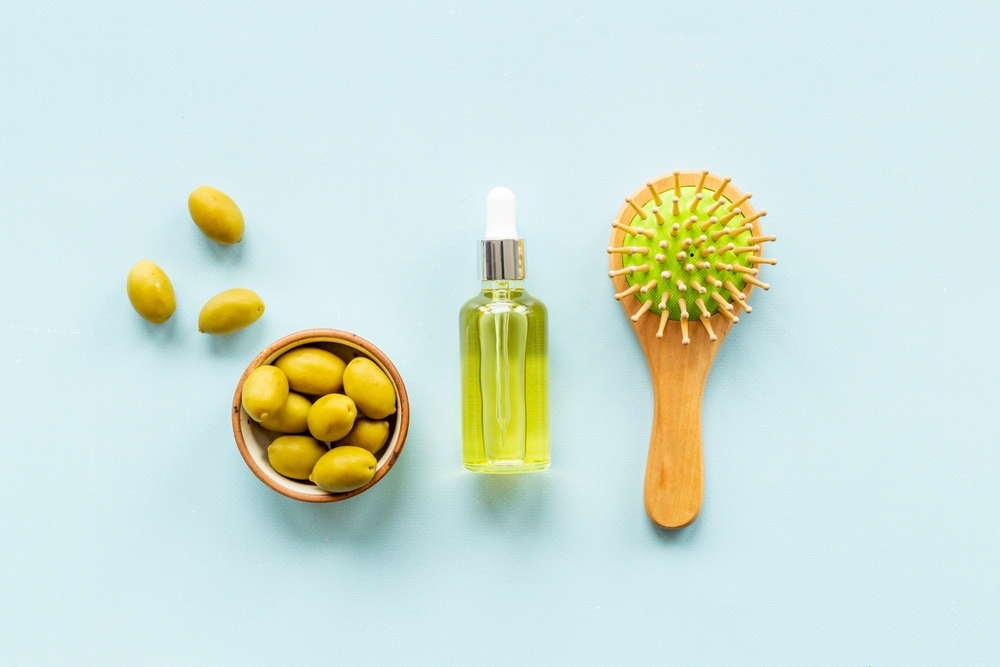
Olive oil can deeply moisturize your skin and help break up stubborn flakes on an extremely dry scalp. It works particularly well on dandruff patches that are difficult to remove. Apply a tiny bit of warm olive oil to your scalp, massage it in, and let it sit under a shower cap for approximately an hour before washing it off with shampoo. It can also make your hair feel shinier and softer in addition to hydrating it.
11. Neem Leaves
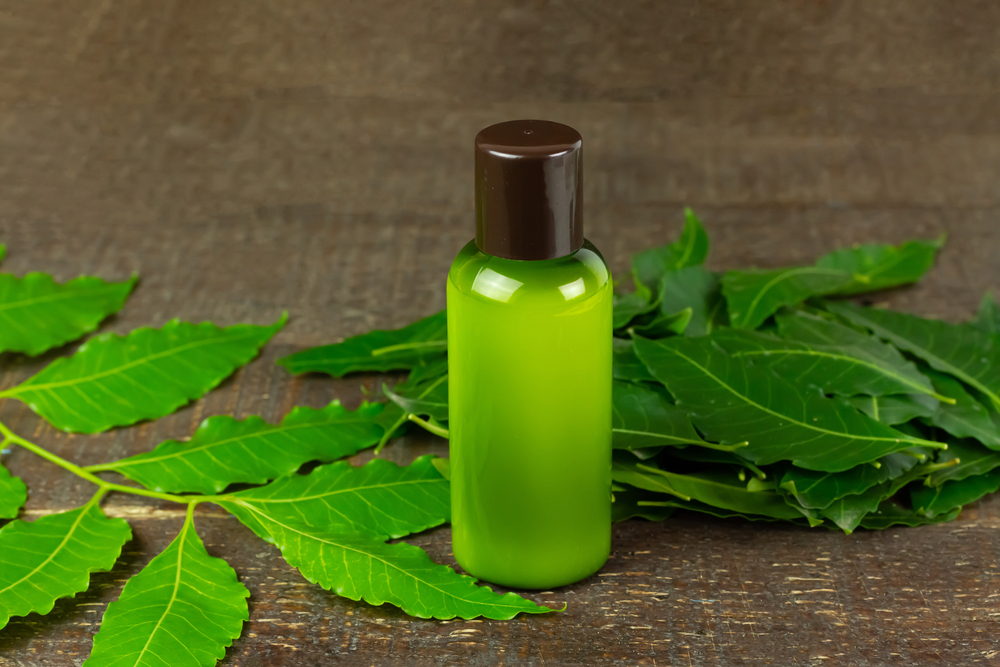
Since ancient times, neem has been utilized in traditional medicine due to its potent antifungal and antibacterial properties. It can relieve irritation and lessen fungi that cause dandruff when applied to the scalp. To make it, boil a handful of neem leaves in water, allow to cool, and rinse your hair with the water a few times a week.
12. Regular Hair-Washing Routine
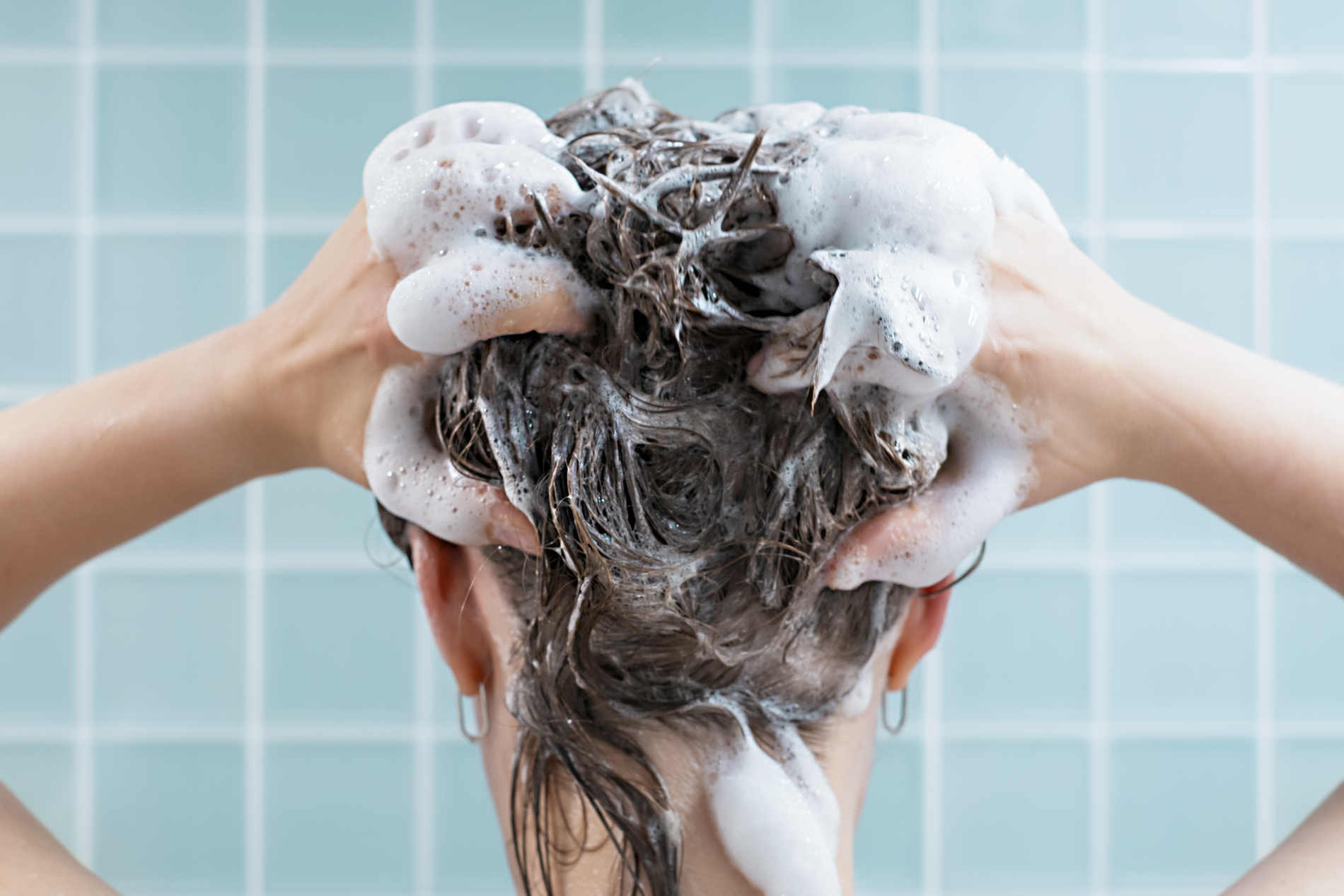
Maintaining a balanced hair-washing regimen is sometimes the best course of action. While washing too little can result in oil buildup that exacerbates dandruff, washing too frequently can remove natural oils and dry out your scalp. The majority of people discover that using a mild shampoo to wash their hair two or three times a week maintains a healthy and balanced scalp. Adapt the frequency to your hair’s level of oiliness.
Although dandruff can be bothersome, you don’t have to put up with it. These treatments, which range from oils and aloe to lifestyle changes like probiotics and stress reduction, can have a significant impact. For more effective treatment options, it is best to consult a dermatologist if nothing seems to help or if you experience pain, redness, or hair loss.

